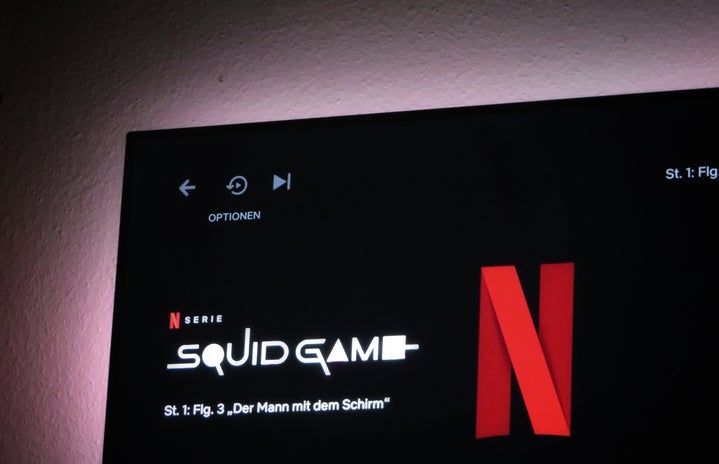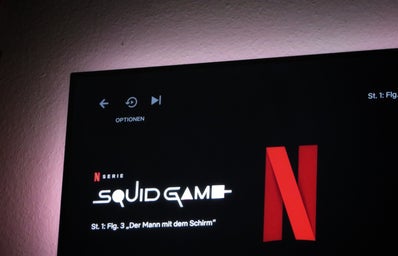When it comes to watching things in a different language, there are two options that come along as to how to watch it; those two options being subtitles or voice dubbing, i.e. sub or dub. Now, not every piece of media will have these two options and that could be for a variety of reasons. For this article, though, I will be pretending that should the media have both options, then which is better.
Of course, this is where the debate comes in. Which one is better? Well, considering it is a personal preference rather than actual fact, it is rather difficult to settle this debate, hence the title. The most I can do here is point out a few pros and cons of both sides and let you, the reader, make your own decision.
So, let’s start with dubbing.
In regards to the pros of dubbing, there are a few obvious ones. You don’t have to multitask between reading what is on the screen and watching what is happening. You could do another task while watching the show or movie, such as writing a paper or coloring something because you don’t need to give the screen your full attention because you can understand what is being said. And, it may even translate a few concepts into easier understanding through dubbing.
But that is also where the cons come into play. I find the biggest con of dubbing is that you lose a lot of important meanings because of the cultural change that comes with a different language. Take for example, Squid Game, which I know I’ve seen articles about what people missed in the dub verses the sub simply because of how things were translated. The example I always like to use is a scene in Ansatsu Kyoushitsu, also known as Assassination Classroom. This is an anime (personally a very good one) in which a powerful creature that will end the world is in charge of teaching students and in return those students have to learn how to kill the teacher. In an episode (season 2, episode 18) there is a fight between two childhood friends, Nagisa and Karma. At the end of their fight when they make up, the two friends call each other by name without the use of an honorific at the end of the name.
For those who don’t know, an honorific is the ending in Japanese such as -san, -kun, -sensei, etc. These are used to show respect as that is very important in Japanese culture. After the fight, Karma and Nagisa drop the honorific -kun when referring to each other. So, Nagisa calls Karma “Karma” rather than “Karma-kun”, and Karma refers to Nagisa as “Nagisa” rather than “Nagisa-kun”. This shows that they not only mended their relationship, but they also decided they respected each other and cared for each other so much, they did not need to have this honorific anymore. This is huge when watching the show and adds so much to the scene.
On the other hand, when translated to English, the characters already do not use the honorifics. Maybe they do once or twice in regards to -sensei (teacher), but not so much between the classmates. As such, when Karma and Nagisa make up after their fight, the lack of an honorific loses the meaning it had because it is not there in the first place.
And this can happen in other areas of dubbing as well, certain words not translating correctly or customs lost. For example, in the anime Case Closed, the main character’s name was changed from Shinichi to Jimmy in some English translations just because Jimmy would be easier for the English translation (though the newer episodes and movies did change back to Shinichi). Some companies like 4Kids would also censor odd things in Pokemon like changing a rice ball to a sandwich as well.
Thankfully I haven’t seen that happen to translations outside of 4Kids, and in modern dubbing for newer anime the main issue I find is the loss of cultural meaning like I pointed out with the Assassination Classroon scene. And to be honest, as long as the dub is attempting to be as culturally accurate to the original media as possible, then there really isn’t anything wrong with dub, though I personally prefer subtitles.
Now, let’s focus on subtitles.
Starting with the pros as I had done before, the first and obvious one is the fact that most subtitles will better keep the cultural meaning of things since the subtitles are there to provide the translation of what you are hearing. While it may not always explain everything to you, you can better catch cultural importances than you can catch when the media is dubbed. Whether that is the honorifics or something that does not translate over properly, you still get as close to the original as possible.
Subtitles also help make things more accessible where dubbing can not. While Dubbing lets you move around or pay attention without reading, subtitles help those who are hard of hearing or help if the dialogue in general is difficult to understand, maybe because of an accent or something else.
(Another benefit is that a lot of non-popular media is more likely to be subbed than dubbed. This is because for dubbing you need voice actors, but for subbing you need a translator. If the media isn’t that popular there is a chance that it is not dubbed, but it could be subbed.)
Now, the biggest con of subtitles is that you have to read the screen while watching the show or movie. This means that you can’t really look away to do something else and you need to get pretty good at reading quickly in order to not miss anything. Now, I can’t blame people for not wanting to watch subtitles for this reason, because you really need to have the free time in order to watch something, but when you do it can be very easy to stay in the zone and binge.
Subtitles may also make it difficult to immerse yourself in the story. For some, it makes the experience better because you hear the original meaning to words and how it plays into the story, for others it makes it harder to catch the visual cues important to the story or the characters emotions. Because, unless you are used to reading at the same time, you may miss any action scenes or reactions the first time you watch with subtitles.
Another issue that can come with reading is if multiple people are talking, sometimes everyone speaking is translated and that puts words all over the screen, which can be annoying but it usually doesn’t happen that often.
As stated before, I personally prefer subtitles because I want to hear what I’m watching as close as I can to the original piece of it, but I definitely do find it difficult to keep my attention on the screen to read, since I sometimes like to be able to multitask while watching my favorite shows and movies.
I will say, one thing I am slightly torn over that both sub and dub can have as both a con and a pro, is voice acting.
Now, usually the original language with subtitles is the better voice acting, and subtitles definitely has more points in this area towards the pros. This is because the characters are usually made to fit that character originally and the emotions tend to match up better with the facial expressions because the media was made with that voice originally.
(I’m not bringing up how weird it looks when trying to dub because obviously the original motions of the words forming would look better with the original language, especially in regards to live action media.)
However, there have been some pretty good dubs in the past few years. Sure, a lot still don’t always match the original emotions or character that they are dubbing for, that happens, but there are a few gems out there. The example I tend to turn to is the voice acting for Ryou Bakura, Yami Bakura, and The Thief King in Yu-Gi-Oh!. Personally, I like the original Japanese voice for Ryou, the dubbed for the Thief King, and either version for Yami Bakura just because I find the voices fit their characters. Obviously, this is a very personal preference, but that’s why I place voice acting as neither a pro or con for either of subtitles or dubbing. However, I will acknowledge that dubs tend to gain more cons in this area than that of subtitles. I, personally, cringe more at dubbed voice acting than I do at the original voice acting, so if I had to give this a rating, then it would fall under a con for dubbed and a pro for subbed.
Anyway, this is just my own opinion. You can agree or disagree, that’s fine, but that will only prove my point that this is an endless debate.


